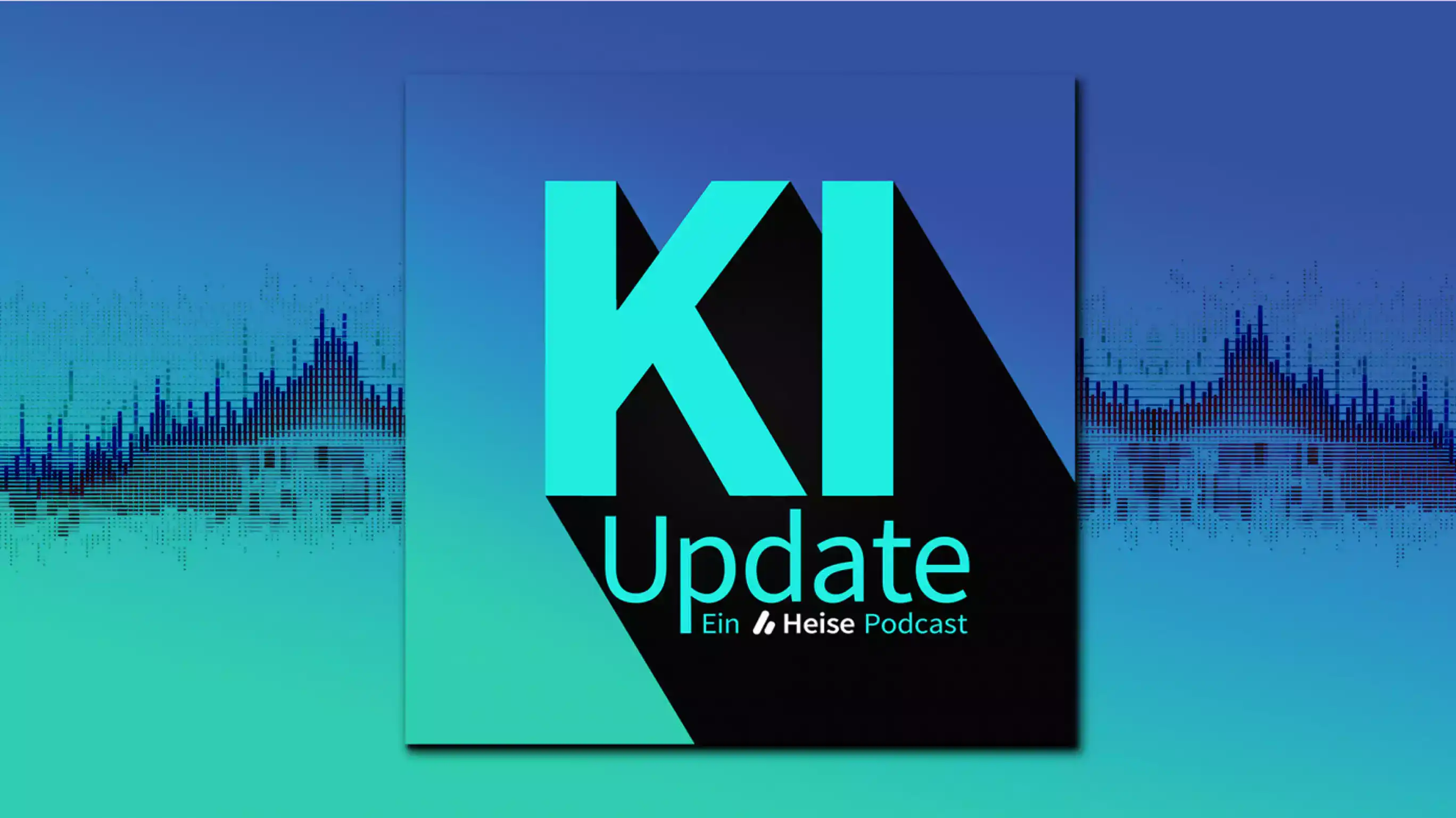Google postpones the release of Gemini, the EU Commission criticizes the AI industry as egotistical and Amazon’s Q is too talkative – this and more in the daily AI update.
Advertisement
Google Gemini: GPT 4 competitor announced for January 2024
Google has them Release of its AI model Gemini postponed to January 2024, as it has not yet provided the desired performance for multilingual queries. According to a report by The Information, CEO Sundar Pichai made this decision personally. Smaller versions of Gemini are currently being tested while the large model is still being developed. In some aspects, Gemini already reaches the performance level of OpenAI’s GPT-4, but improvements in multilingualism are still required.
Google plans to upgrade its AI products such as the Bard chatbot with Gemini next year. The successful launch of Gemini could be one of the most important product launches in the company’s history. It would show that Google can match or even surpass OpenAI by bringing to market the first AI model that reaches the level of GPT-4.
EU Commissioner criticizes AI companies for selfishness in planned AI regulations
Thierry Breton, EU Internal Market Commissioner, accuses Big Tech companies and start-ups such as OpenAI and Mistral AI of merely representing their own interests in the dispute over the planned EU regulation for AI systems. According to Breton, this prevents an agreement on common rules. He emphasizes that it no longer makes sense to give these companies a voice at European level.
The EU AI Act already seemed to be a done deal, but recently Germany and France in particular, where the large AI companies Aleph Alpha and Mistral are based, have blocked the latest changes. Both countries prefer self-regulation rather than mandatory guidelines.
Breton says he has been waging battles with companies like Google and Amazon for years, for example over the drafting of the Digital Service Act. He recognizes lobbying as normal, but is not deceived by it. The next round of negotiations AI Act will take place on December 6th, where a final agreement may be reached.
In an interview with the French newspaper La Tribune, Breton also criticized Sam Altman and OpenAI. He accuses Altman of starting a global communications campaign on the topic of generative AI and portraying OpenAI as a non-profit organization. Breton also criticizes Microsoft’s growing role in OpenAI, which recently gained a board seat.
Amazon’s AI chatbot Q reveals confidential information
Despite the recent announcement of Amazon’s new AI chatbot Q Security concerns are already being raised. Internal documents show that Q leaked confidential information such as the location of AWS data centers, unreleased features and internal discount programs. The severity of the incident is said to have led to engineers working around the clock, including weekends, to resolve the issue.
Amazon competes in the field of generative AI with companies like Microsoft and Google. According to Amazon, Q should be more secure than consumer tools like ChatGPT. A spokesperson for the company emphasized that no security issues have been identified to date and that Amazon will continue to work on optimizing Q as it moves from a preview product to a generally available product.
Chinese court recognizes copyright for AI-generated image
The Beijing Internet Court has made a groundbreaking ruling Copyright protection recognized for an AI-generated image. Plaintiff Li created a photorealistic image of a young woman using the AI tool Stable Diffusion and shared it on a Chinese platform. When a blogger posted the image on another platform without permission, Li sued him for copyright infringement. The court ruled in Li’s favor and ordered the blogger to pay damages, court costs and a public apology. The decision was justified on the grounds that Li had invested “a certain level of intellectual investment” in selecting the prompt, setting the parameters, and designing the image.
This ruling is the first of its kind in China and could serve as a precedent for future copyright cases involving AI-generated content. Experts predict far-reaching implications for future AI copyright disputes and suggest the ruling could benefit Chinese companies offering similar generative AI tools. In contrast, the US Copyright Office does not recognize AI-generated images as copyrightable, only complete works, parts of which were generated using AI.

How intelligent is artificial intelligence actually? What consequences does generative AI have for our work, our leisure time and society? In Heise’s “AI Update” we, together with The Decoder, bring you updates on the most important AI developments every weekday. On Fridays we examine the different aspects of the AI revolution with experts.
(vbr)

